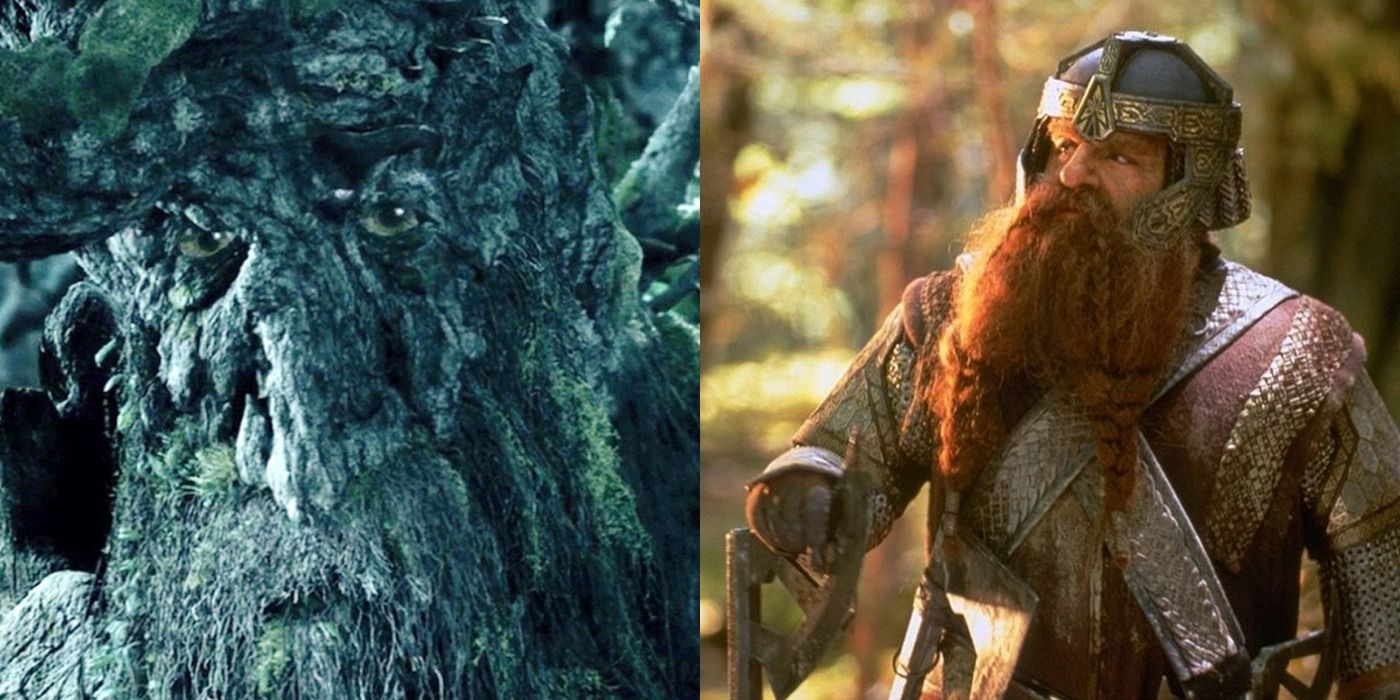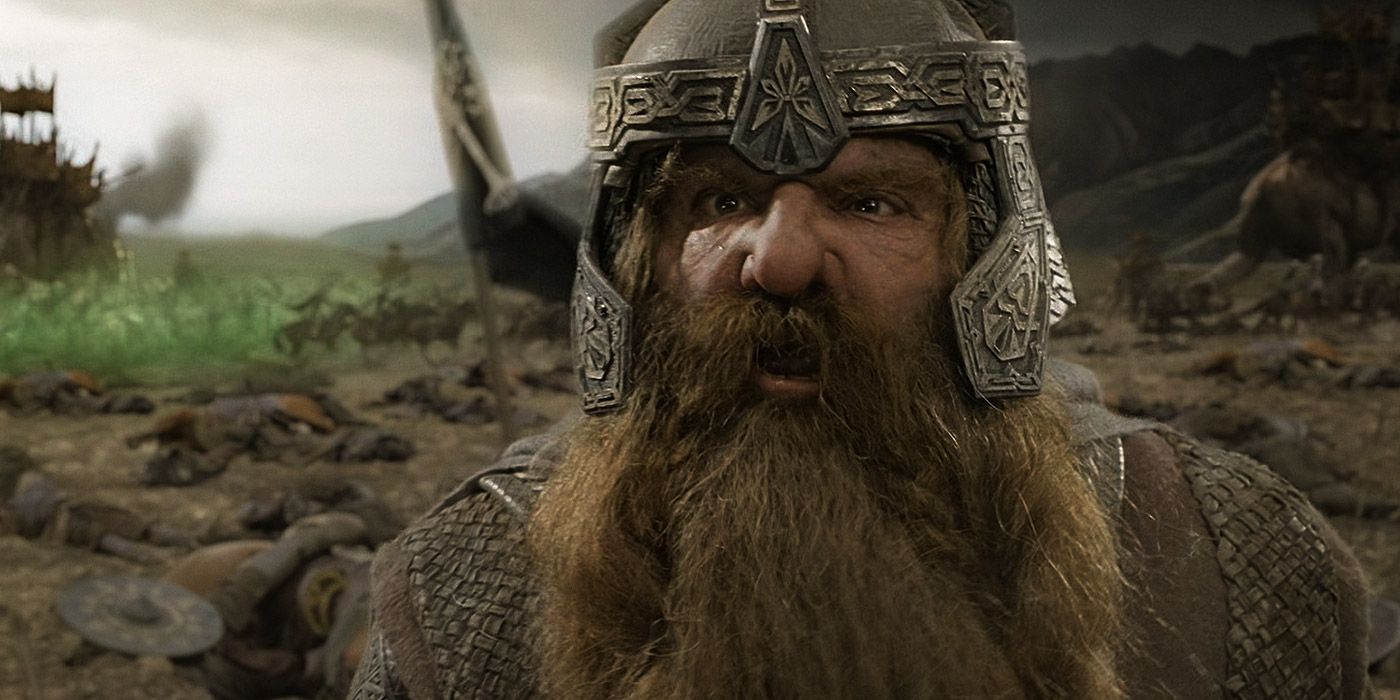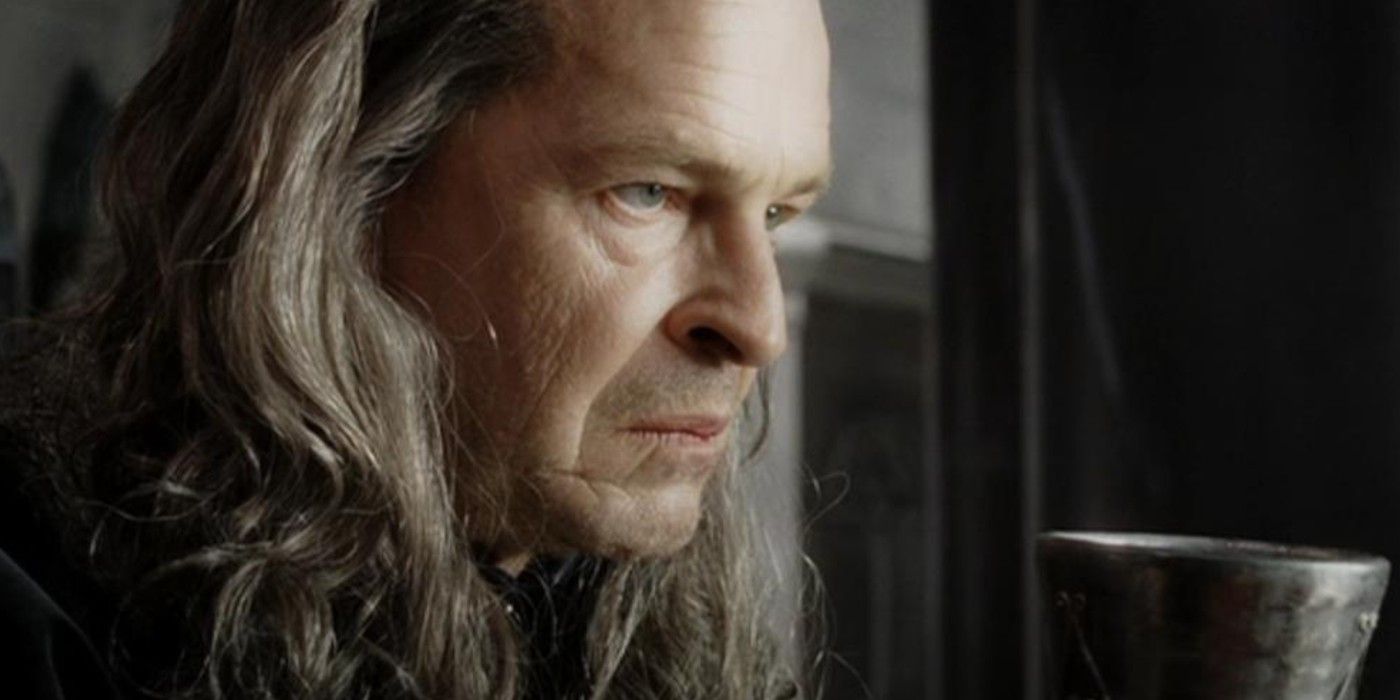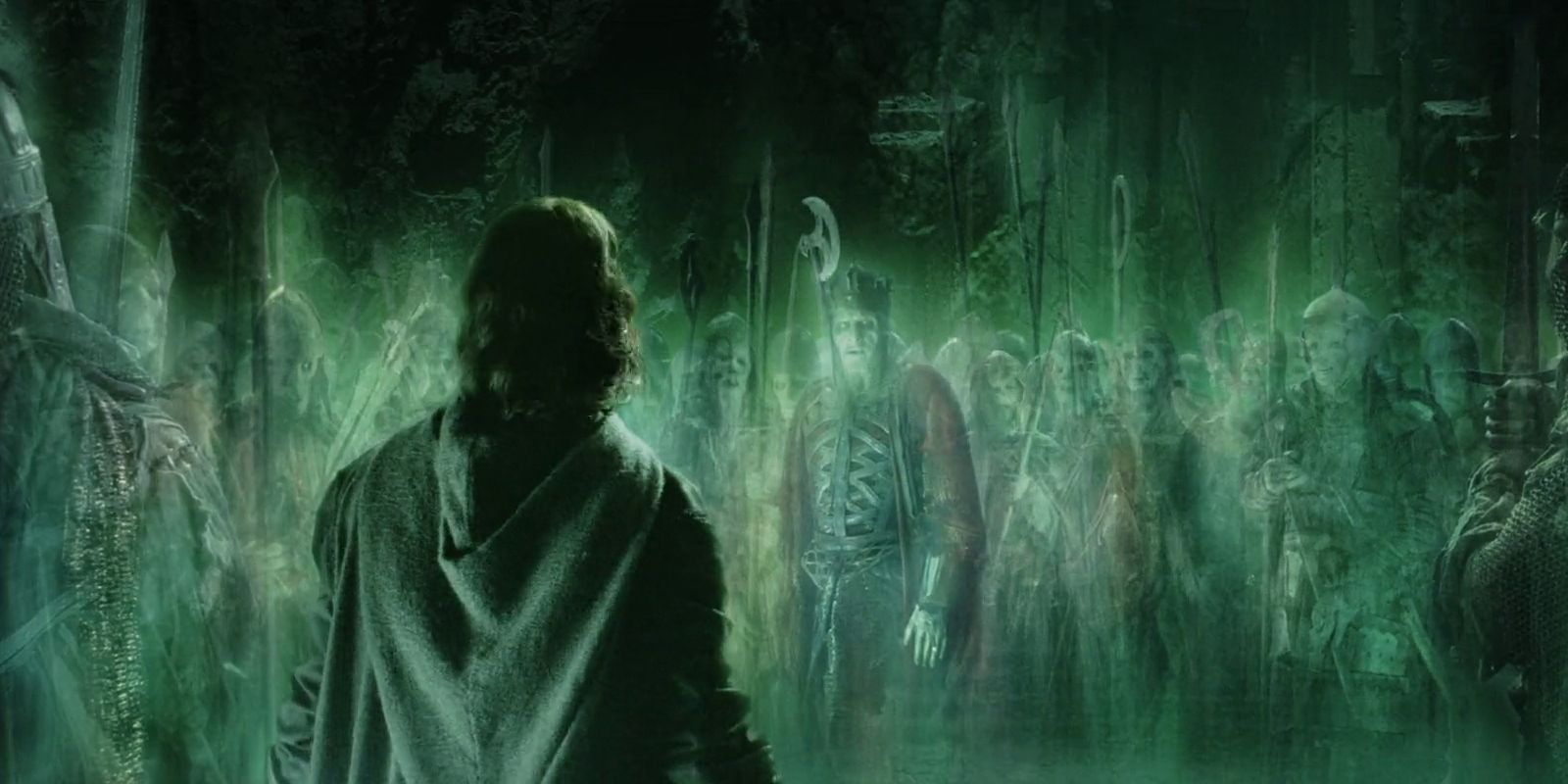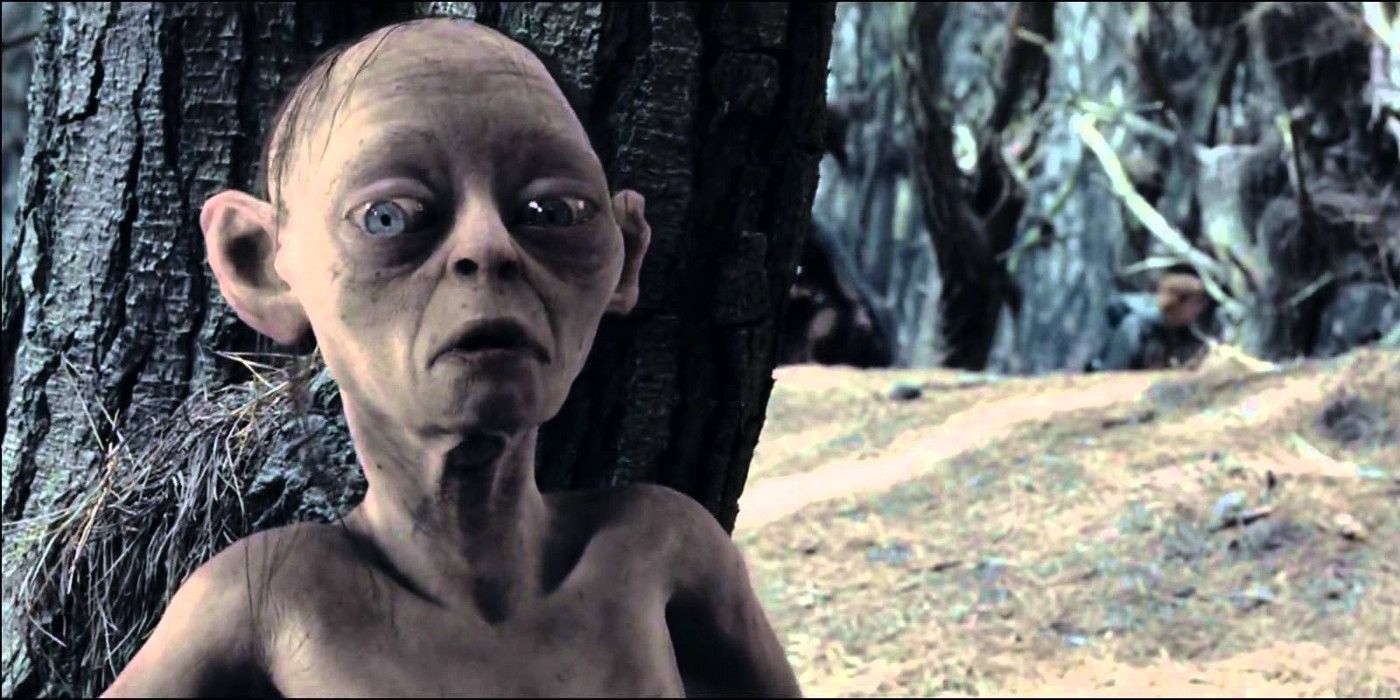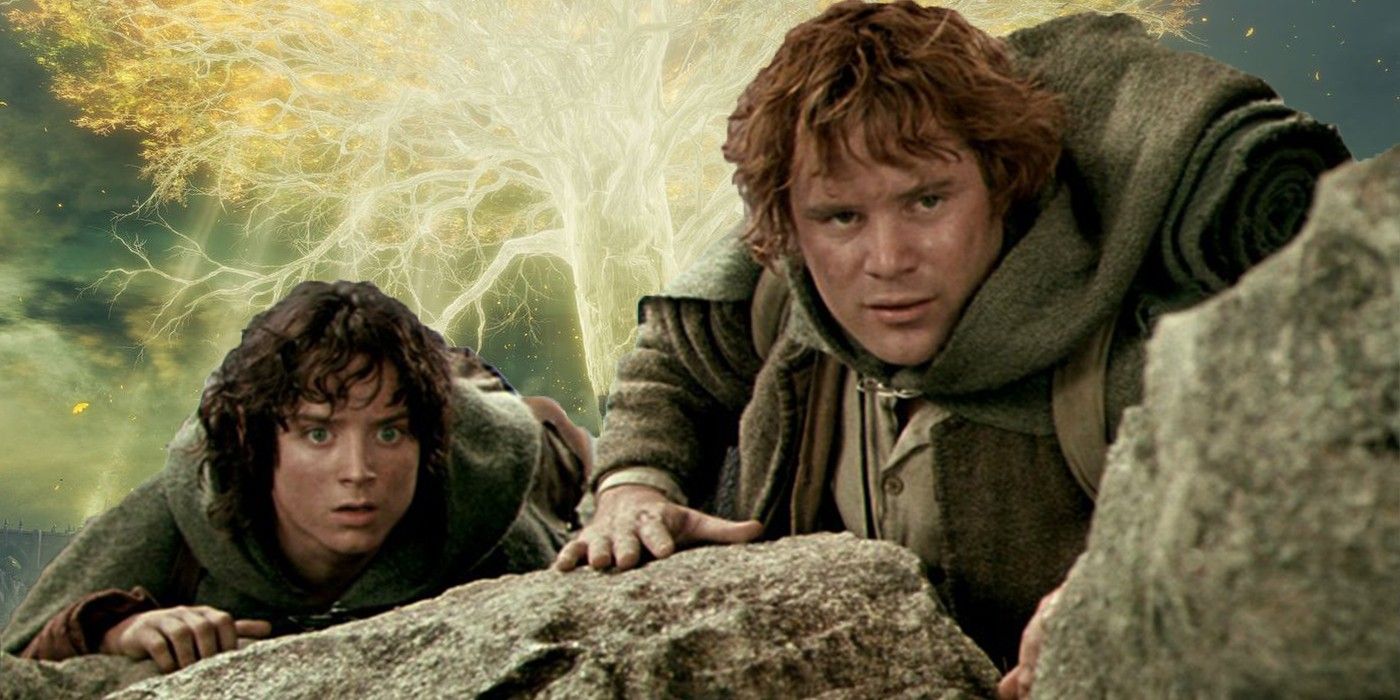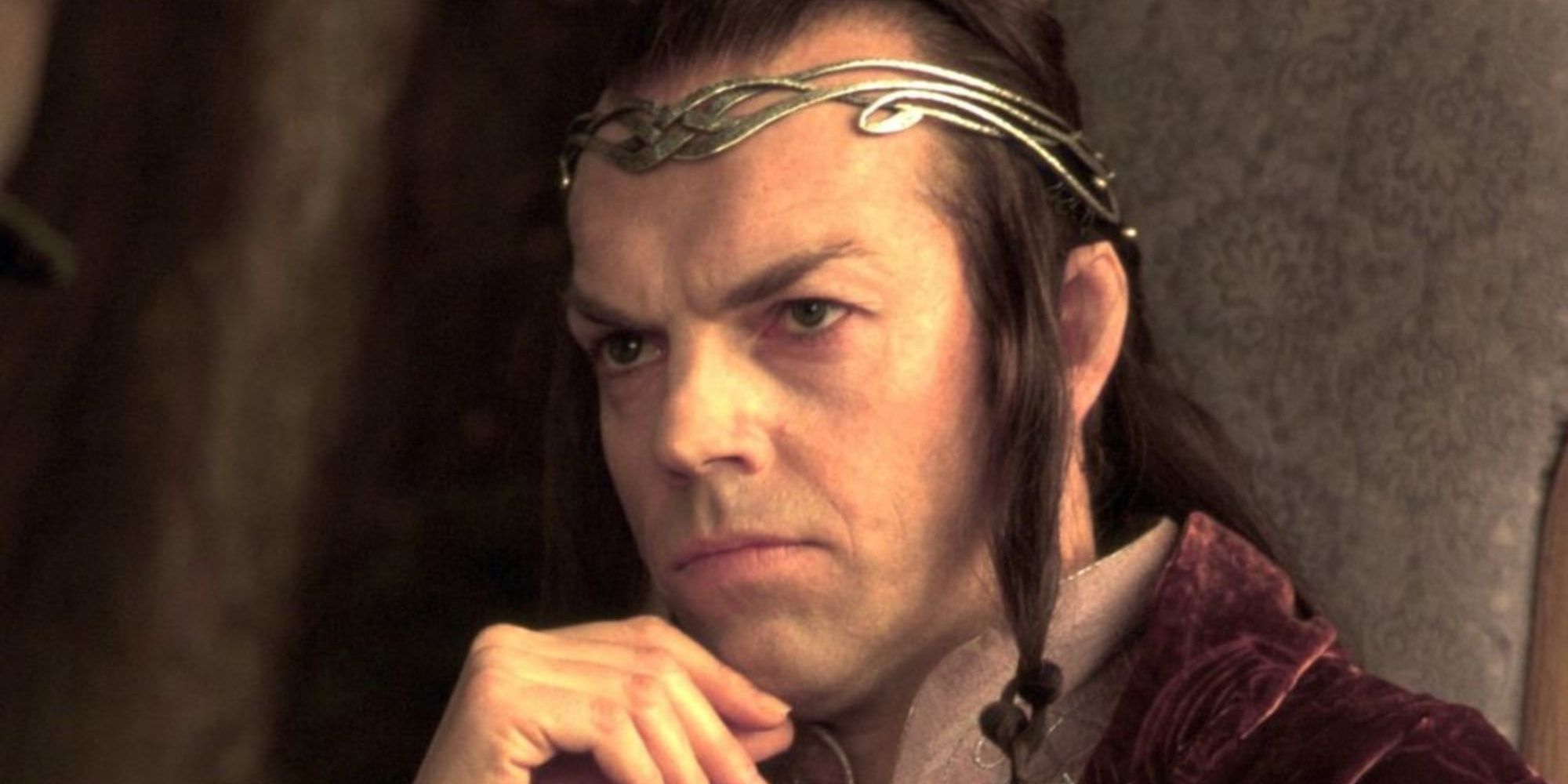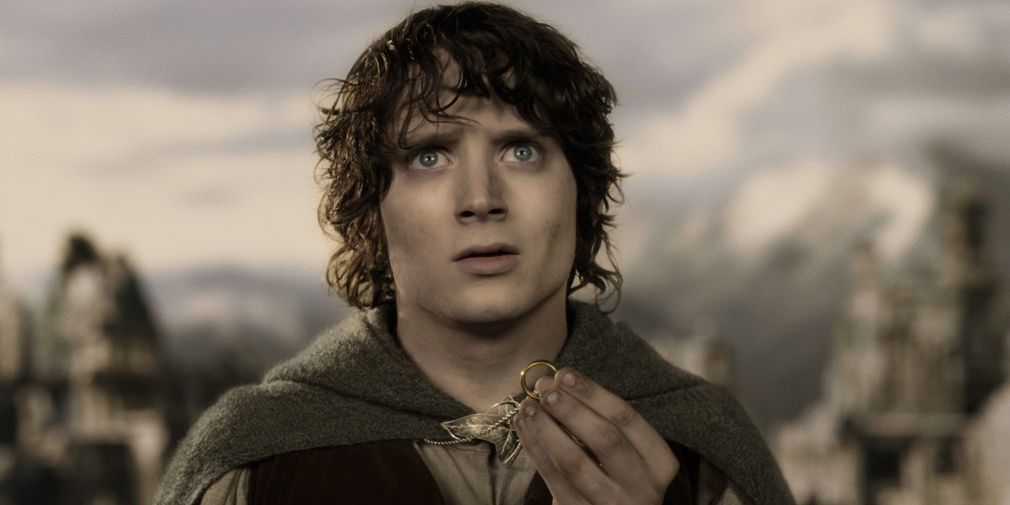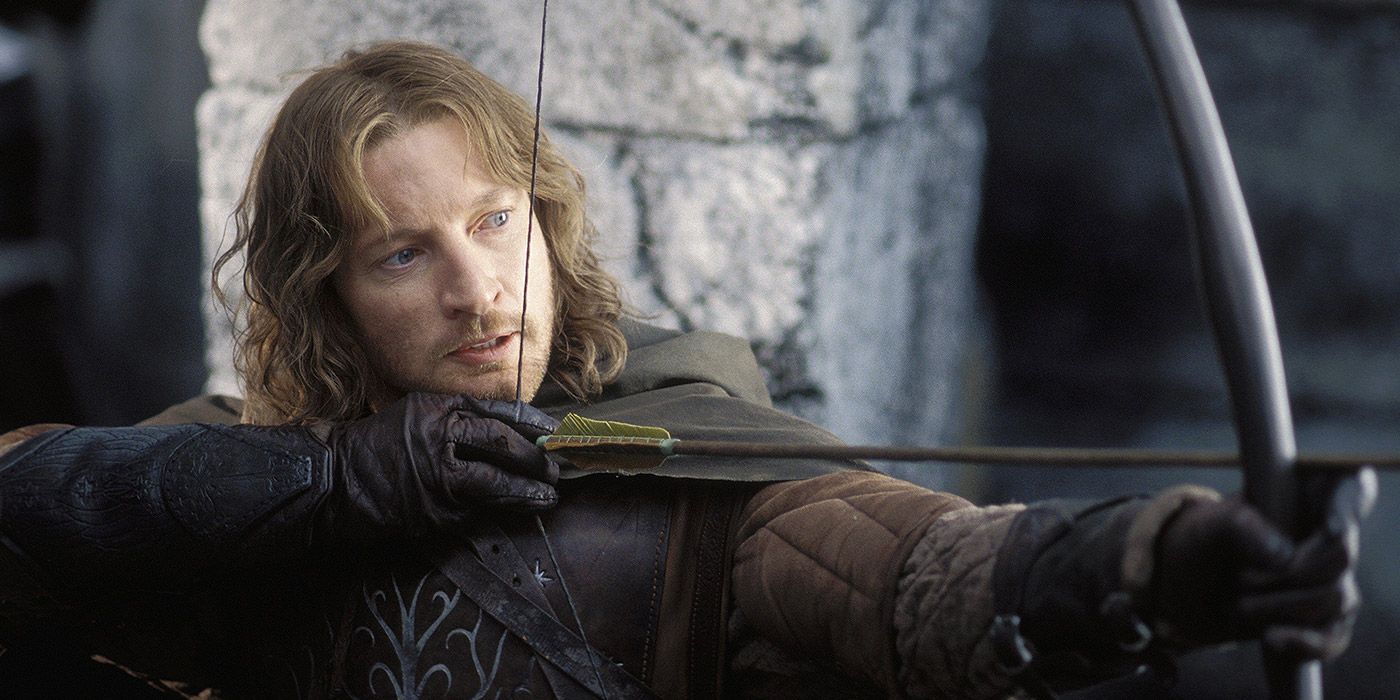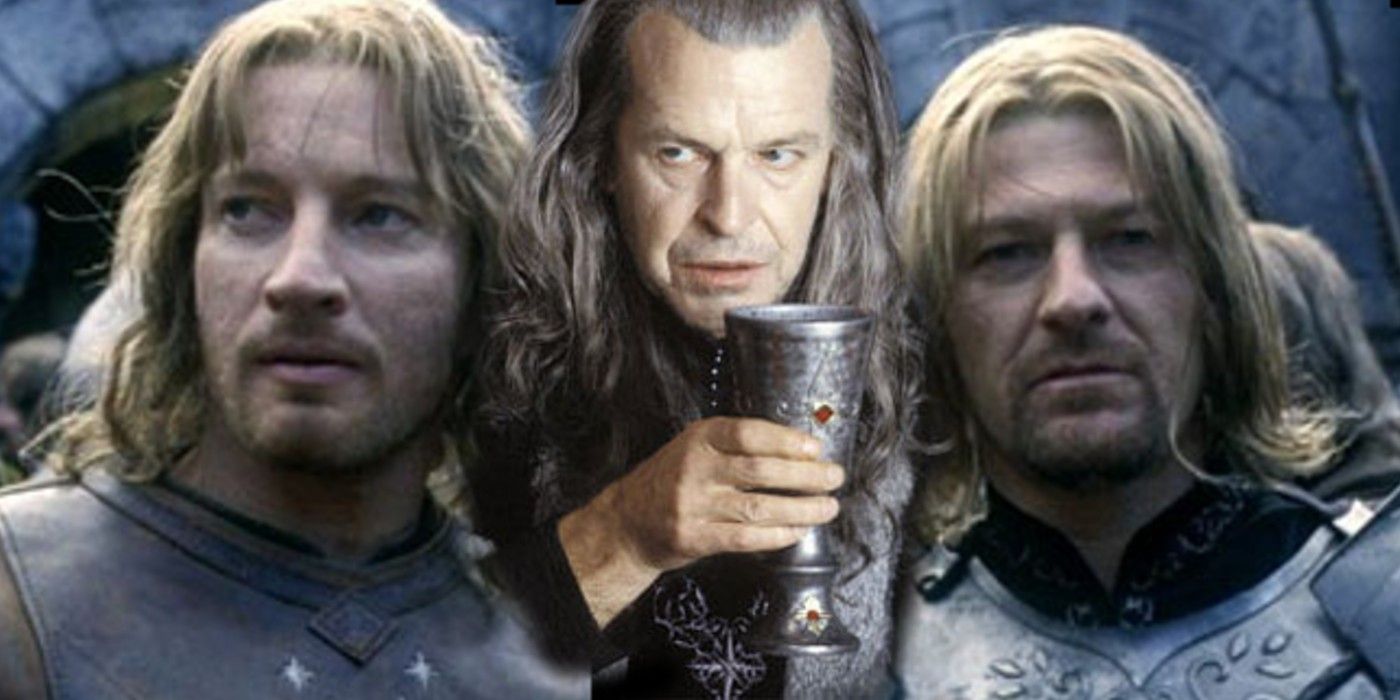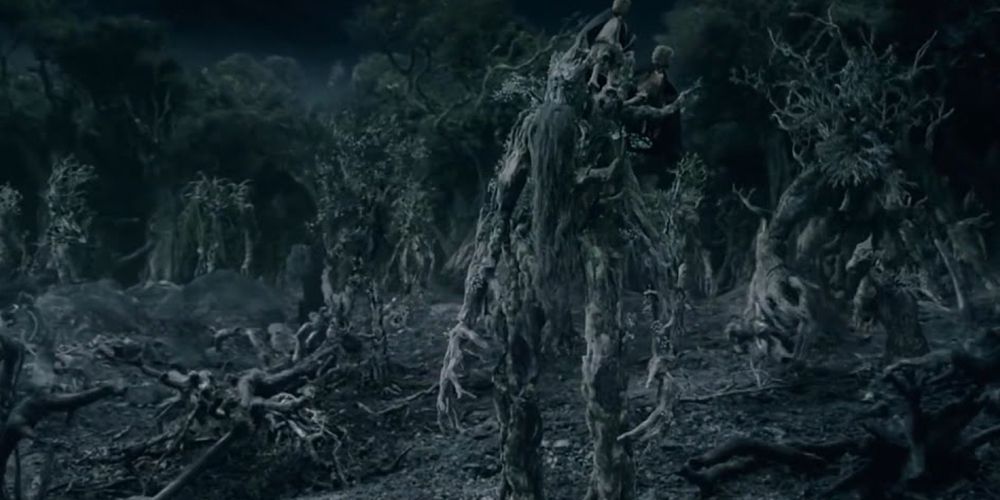J.R.R. Tolkien's The Lord of the Rings books receives several changes on their journey from the page to the screen, and the Prime Video series The Rings of Power promises to continue this trend. Of the changes that were made, many had good reason and purpose, with screenwriters finding their hands tied when it came to certain alterations. However, die-hard fans of a book series are often hard to please.
In the case of the Lord of the Rings trilogy, there were plenty of changes that went over so well with fans that they often forget that they were not a part of the original books. On the other hand, there were some changes or additions that the movies made that just felt unnecessary, and fans on Ranker voted about which of these were the most outrageous.
Gimli Serving As Comic Relief
In the books, Gimli is an honorable Dwarf, who takes his loyalties seriously. He is as formidable a foe as the likes of Aragorn and Legolas and proves himself time and time again to be a proud warrior. He is also extremely passionate, which can make him comical at times.
In the movies, Gimli's character lacks much of the serious nature that is seen in the books and is instead presented to the audience almost exclusively as the passionate and hot-headed comic relief. While this did make him appealing to audiences, those who knew him in the books felt it was an unnecessary change.
Denethor's Bitterness
Denethor was supposed to be a lordly leader to Gondor. He was grand and intimidating and looked as if he truly belonged on the throne. The death of his son drove him to near darkness, but his character still never became what it did in the movies.
As opposed to pitiable, Denethor was downright revolting. He brought to mind characters like Wormtongue and acted as if he had no care for anything (except perhaps grape tomatoes). This solidified him as an antagonist in the minds of viewers instead of the tragic character that he should have been.
The Army Of The Dead At Pelennor Fields
The Battle of Pelennor Field was a long shot for Gondor. They were massively outnumbered, and between the deteriorating mind of the Steward and the confusion of his men, things did not look good for the LotR heroes.
In the books, Aragorn saved the day by using the debt owed to him by the Army of the Dead to attack the Corsairs' ships that were meant to sail to Gondor to aid the enemy. The movies also had the undead army finish off the battlefield at Pelennor. This addition served no point and diminished the victory of those who had fought valiantly.
The Ending Of Two Towers
The Two Towers movie spent a lot more time focusing on Isengard than it did on Frodo and Sam's journey. In the book, Frodo and Sam have already defeated Shelob by the end of Two Towers, and the story ends on a cliffhanger as Frodo is taken away. Sam then had to make it through Mordor to retrieve him.
In the movies, this does not happen until near the end of Return of the King. It is understandable that screenwriters would want to ensure that big events of the series didn't happen too close together, but it also made the journey through Mordor seem much easier than it had been.
Frodo Sending Sam Away
The Ring had great influence over Frodo's spirit and mind, but in the book, this change is seen subtly through Frodo's inner dialogue. The movies tried to show externally how the Ring was changing him, but the way they did it was very frustrating to fans.
Frodo never doubted Sam in the books. While he may have acted possessive over the Ring, there was never a moment that he actually believed that Sam's intentions were evil. There were plenty of other opportunities for the movie to show how Frodo was feeling, so this addition just had no value.
Elrond's Objections To Arwen And Aragorn
Elrond was one of the most important figures of the Second and Third Age, and he loved Aragorn like a son. He himself was a half-elven. However, in the books, he knew that Aragorn had a destiny to fulfill, so he would not give his blessing for Arwen to wed him until he had taken his place as King.
The movie gave a lot more attention to Aragorn and Arwen's romance than the books, which was a welcome addition. But, with all the danger threatening to tear them apart for good, there was no reason to add another obstacle to their relationship or one that painted Elrond as the bad guy.
Frodo's Demeanor
Frodo was able to carry the rings because of his strong spirit and the natural abilities of Hobbits in The Lord of the Rings. He was not influenced by the Ring in the way that others were, making him the one true Ring Bearer. Over their long journey, the Ring did start to take its toll, with Frodo becoming extremely fatigued.
Some audiences had a difficult time liking Frodo in the movies. Fans on Ranker felt that he came across as whiny and annoying, often behaving strangely as a result of the Ring's influence. This change was so frustrating to fans, as there were so many other ways that Frodo's burden could have been communicated.
Faramir's Distrustfulness
Faramir loved his brother in the books, but he is revealed to be in contrast with the brave Fellowship member, Boromir, greatly. When Frodo meets him, his instinct is to protect him. He shrugs away the temptation of the Ring, deciding that if it had had a hand in his brother's death, he wanted nothing to do with it.
The movie tells a very different story of Faramir. He seems to be his brother in double and is greatly tempted to bring the Ring back to his father to win his favor. This did not fit at all with Faramir's personality in the books and left fans wondering why the character needed to be changed.
The Stewards Of Gondor
Overall, the race of Men is not painted well in the LotR movies. While the book describes them as being the easiest to corrupt, it has always been due to them that good prevailed over the forces of darkness that would threaten Middle-earth.
The Stewards of Gondor are an example of this. While Boromir did eventually fall victim to the Ring's influence, he demonstrated his noble heart endlessly before that. Instead, his only redemption was his sacrifice for the Hobbits. Denethor was also painted in a poor light, constantly trying to create a rivalry between his sons in The Return of the King. This led audiences to believe that Gondor had been in rather poor hands.
The Ents Being Oblivious
The Ents are ancient creatures, with Treebeard clocking in at 17,051-years-old in Two Towers. Since they have seen and experienced so much over the existence of Middle-earth, they are known to be among the wisest creatures on the continent, possibly even more so than Gandalf.
However, the version of Treebeard that Merry and Pippin meet in the movie does not hold up to this reputation. He seems clueless, and slightly naive. He refused to believe that the Hobbit's conflict had anything to do with him, and only decided to intervene once it was proven to him what had been done by Saruman. This was vastly different than the wise and aware character from the books and seemed to add nothing good to the story.

